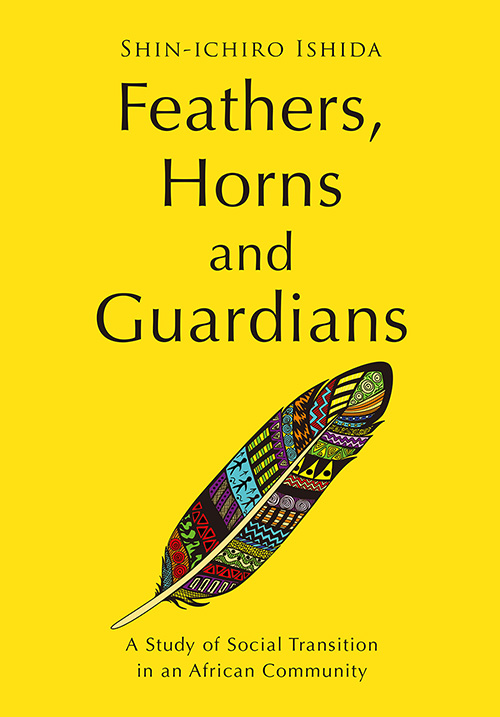ホーム > 書籍詳細ページ

Feathers, Horns and Guardians
A Study of Social Transition in an African Community
菊上製・242頁
ISBN: 9784814005369
発行年月: 2024/02
記述言語: 英語
発行元: Kyoto University Press & Trans Pscific Press
- 本体: 5,200円(税込 5,720円)
-
在庫なし
The Îgembe region of Kenya is a rich agricultural area on the equator, where people live in a unique time-world. Whenever a problem arises, people do not hasten to a conclusion, but 'wait' as a means of solution. This does not mean doing nothing. It is simply acknowledging the benefits of waiting for a time when the community is better able to resolve the issue.
An important characteristic of this indigenous community is its orientation toward communal intentions and exclusion of individualism. In over 20 years of research and extensive fieldwork, the author has traced the major social and historical turning points such as the price collapse of coffee beans, which had supported the local economy, as well as the accumulation of social events such as collective sanctions against sexual predators and multiple homicide compensation claims, to observe how internal village conflicts, initially difficult to resolve by consensus, are overcome by waiting, before rallying to regain 'communal intent' by 'concealing' the individual.
This ethnography portrays a contemporary African agrarian people living between their unique time-world, their views of humanity and social structure, the institutions of state governance, and the global cash crop economy.
An important characteristic of this indigenous community is its orientation toward communal intentions and exclusion of individualism. In over 20 years of research and extensive fieldwork, the author has traced the major social and historical turning points such as the price collapse of coffee beans, which had supported the local economy, as well as the accumulation of social events such as collective sanctions against sexual predators and multiple homicide compensation claims, to observe how internal village conflicts, initially difficult to resolve by consensus, are overcome by waiting, before rallying to regain 'communal intent' by 'concealing' the individual.
This ethnography portrays a contemporary African agrarian people living between their unique time-world, their views of humanity and social structure, the institutions of state governance, and the global cash crop economy.
Shin-ichiro Ishida is a professor of social anthropology at the Graduate School of Humanities, Tokyo Metropolitan University.
List of Figures
List of Tables
List of Photos
Introduction
Acknowledgements
Chapter 1 A farming community: Circuit cultivation in transition
Chapter 2 The field is theirs: K r mithua ndewa, age-class formation and the persistence of local memory
Chapter 3 Man who never dies: Clan revival for new generations
Chapter 4 The Athimba: Fifteen years of clan making in a local context
Chapter 5 Clanship and chiaro: The individual, the depersonalised and the indeterminate
Chapter 6 Feathers and guardians: The perpetu”
Chapter 7 Transcending inner conflicts: Election day for the Athimba clan
Postscript
Appendix 1 Homicide compensation in Kenya
Appendix 2 A witchcraft accusation in M ringene in September 2005
References
Index
List of Tables
List of Photos
Introduction
Acknowledgements
Chapter 1 A farming community: Circuit cultivation in transition
Chapter 2 The field is theirs: K r mithua ndewa, age-class formation and the persistence of local memory
Chapter 3 Man who never dies: Clan revival for new generations
Chapter 4 The Athimba: Fifteen years of clan making in a local context
Chapter 5 Clanship and chiaro: The individual, the depersonalised and the indeterminate
Chapter 6 Feathers and guardians: The perpetu”
Chapter 7 Transcending inner conflicts: Election day for the Athimba clan
Postscript
Appendix 1 Homicide compensation in Kenya
Appendix 2 A witchcraft accusation in M ringene in September 2005
References
Index












